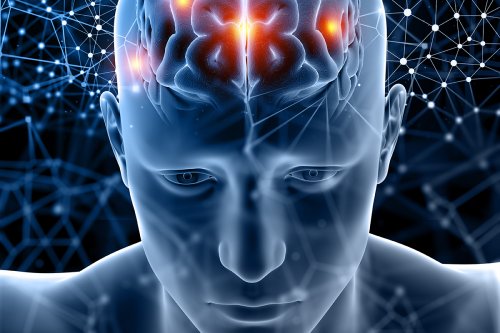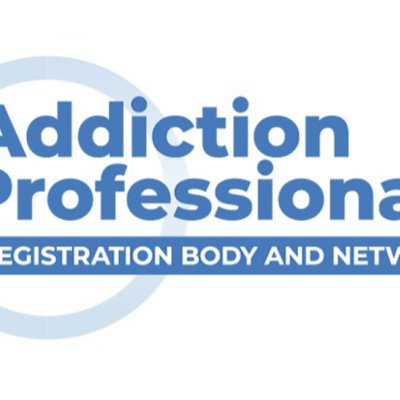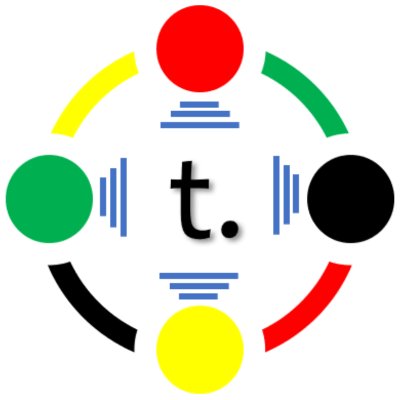You can use complementary and alternative treatments for different mental health needs.
There is not much research about how well complementary and alternative therapies work.
Not all complementary and alternative therapies are regulated. It is important to make sure the person who gives you the therapy is qualified.
About complementary treatments
Complementary and alternative treatments are not part of mainstream care. This means that you are unlikely to get this type of treatment through the NHS. They can be used to complement your NHS treatment or in some cases, as an alternative to NHS treatment. You may hear them being called ‘holistic treatments’.
Different complementary and alternative treatments can help with different symptoms. They can focus on your physical, mental and spiritual wellbeing.
Usage for mental illness.
You can use complementary and alternative treatments with other treatments but there is a not much scientific evidence to say they can help treat mental illness. Many people find them useful, even though there isn’t much evidence. They can be useful to deal with side effects of medication and symptoms of mental illness.
Speak to your GP or mental health team if you are interested in complementary and alternative treatments.
There are many different types of complementary and alternative treatments, these include:
- Acupuncture
- Aromatherapy
- Herbal Medicine
- Homeopathy
- Massage
- MeditationSpiritual/energy healing
- Yoga
Acupuncture
Acupuncture is based on an ancient Chinese treatment. An acupuncture practitioner will put small, thin needles into your skin at certain points on your body. The needles can help to start the healing process in your body.
Some acupuncture practitioners say it can be used to treat mental health conditions. There is some research into its uses for depression, schizophrenia and insomnia. But there is not much scientific evidence to prove that acupuncture is good at treating mental illness.
Aromatherapy
Aromatherapy uses essential oils to improve health and wellbeing. Essential oils are plant extracts. Some oils can be used to treat mental and emotional health problems. You can use aromatherapy oils through massage, in the bath or by breathing them in. Research has shown that aromatherapy can be useful to treat symptoms of depression and anxiety.
Herbal medicine
Herbal medicine is made from plants. Sometimes it is called herbal remedies. Many mainstream drugs and medicines are based on herbal medicines. You can get herbal medicine in different forms such as liquid, powder or cream.
A qualified herbalist can prescribe herbal medicine to use alongside other medications and treatment. Sometimes herbal medication can have a bad effect on a condition that you have or medication that you take. You should always talk to your doctor or a pharmacist before taking herbal remedies.
Homeopathy
Homeopathy is based on the idea that a substance that causes certain symptoms can also help to reduce those symptoms. Substances are watered down and shaken. Homeopathy practitioners believe that the substance will be more effective to treat symptoms if it is watered down by a large amount.
There are homeopathic treatments for different health conditions including depression and anxiety.
The National Institute of Care Excellence (NICE) does not recommend homeopathic medicines for the treatment of health conditions because there is not enough medical evidence that they work. But some NHS GPs and hospitals offer homeopathy.
Massage
A massage therapist will use their hands to rub your body to help get rid of tension and help you to relax. There are different types of massage including the following:
- Swedish massage: Light strokes are used to relax muscles to relieve tension.
- Shiatsu massage: Pressure is put on certain points to help balance your energy.
- Mindfulness and meditation
- Spiritual and energy healing
- Reiki
- Yoga
Mindfulness is a type of meditation. It is when you focus on your mind and body and is a way of paying attention to the present moment. An example would be to focus on your breathing. Think about how it feels when you breathe in and out. When you practice meditation or mindfulness you learn to be more aware of your thoughts and feelings. Once you are more aware of your thoughts and feelings, you can learn to deal with them better.
Mindfulness based cognitive behavioural therapy (MCBT) is a combination of mindfulness and cognitive behavioural therapy (CBT). The National Institute of Health and Care Excellence (NICE) recommend MCBT to treat depression. A course of MBCT should last for 8 weeks. You will usually have MBCT in a group. Each session is 2 hours long. You should have 4 follow-up sessions in 12 months after the end of your therapy.
People who use spiritual or energy healing believe that you have a ‘physical body’ and an ‘energy body’. Spiritual or energy healers believe that your ‘energy body’ affects your mental health. A practitioner helps to fix your energy body. They do this by putting their hands above your body in certain places. Reiki is a well known energy healing therapy in England.
Reiki may help with symptoms of depression and stress after 6 weekly sessions. There is not much research into the effects of energy healing for people with mental illness.
Yoga is an exercise. It has a focus on breathing techniques, strength and flexibility to improve your mental and physical wellbeing. Yoga can help to reduce depression and stress.



